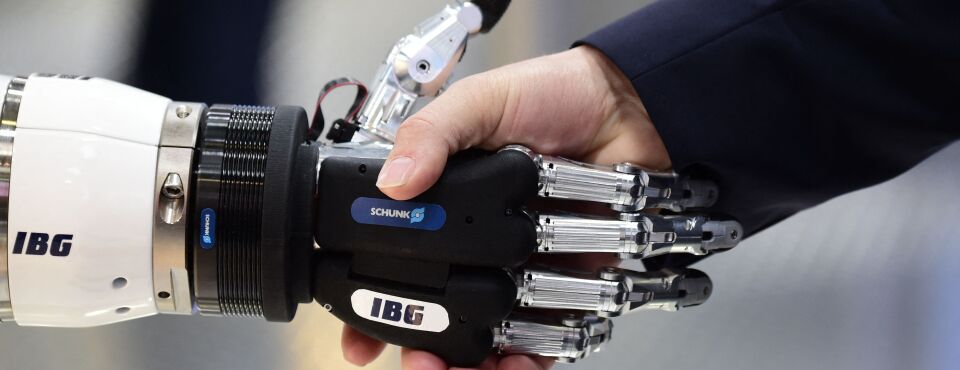
Big Lawâs Increasing AI Use Could Speed Billable Hoursâ Demise
作者:Sam Skolnik Reporter
Big Law firmsâ adoption of artificial intelligence tools could expedite their move away from the billable hour model and toward flat fees, lawyers said at an annual American Bar Association ethics conference.
Firms are readily accepting flat fees and other alternative payment arrangementsâa long-held goal of many large corporate clientsâas they try to stay profitable while they assimilate AI tools, Hilary Gerzhoy, a partner with HWG LLC, said Friday at the ABAâs 50th National Conference on Professional Responsibility.
Clients have been hoping for the death of the billable hour for decades, said McDermott Will & Emery partner Jason D. Kreiser. âI donât think this is the moment that it dies,â he said. But, Kreiser predicted, the increased use of AI, while firms simultaneously work to adhere to ethics restrictions to keep fees âreasonable,â will spur new types of payment arrangements.
Generative AI use within corporate legal departments, especially helping to complete certain repetitive tasks, including document review and formation, is rising fast, according to recent surveys. At the same time, some AI-focused legal industry advocates have warned not to submit to âmagical thinkingâ about the technologyâs possibilities for the legal field.
Members of two ABA panels that discussed AI growth on Friday warned that hallucinationsâits propensity for making things upâas well as improper, uncredited use of AI among lawyers and law professors, werenât problems of the past. As legal shops adopt new tech tools, they need to remain vigilant about the risks.
âA New Arms Raceâ
âAI has one goal: It wants to make you happy. It wants to please you,â McDermott chief information officer Michael Shea said at the Arlington, Va., gathering.
Krieser noted that while other countries have moved forward with comprehensive national AI regulations, or pan-national, such as the European Unionâs Artificial Intelligence Act, the United States has lagged, perhaps by design, to allow gen AI-makers to innovate faster without worrying about as many rules or regs.
The trend sped up under President
âThis is a new arms race,â Krieser said.
Lawyers in the second Friday panel touted burgeoning âagentic AI"âthrough which so-called âAI agentsâ can perform tasks, make decisions within guardrails, and utilize new information without human intervention.
AI agents soon likely will be helping large firms and in-house counsel offices perform tasks such as filling out forms or conducting research, said Josh Noffke, a legal AI strategist with Brass Tacks Consulting. âAgents are the next up and coming thing,â he said.
